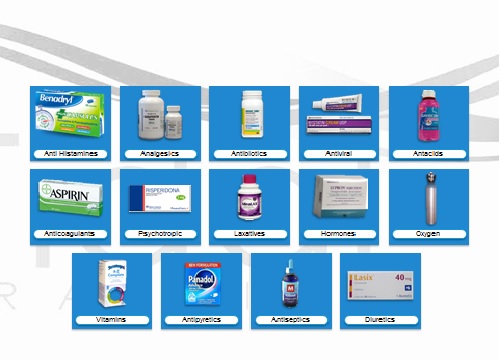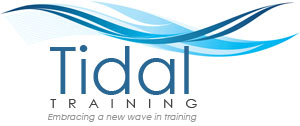
Safe Handling of Medication. What is the difference between prompting, promt and assist and administering?
A topic close to many of our hearts if we are in the healthcare sector and our staff are supporting individuals who take or use any form of medication.
Medication and the administration of is a complete minefield. Often those whom we support or ourselves can get a little confused. If your support workers were administering medicines to your service users – you would want to ensure that they were knowledgeable, fully trained, confident and competent to do so?
Supporting people in taking their medication is all a little daunting for some. Often wondering. What if I get it wrong? Am I doing this right? Am I following guidlines and company procedures correctly?
organisations are still not training their support workers in this vitally important area of care. Why? Because they are under the misperception that because they only prompt the administration of medicines, and do not administer it, they therefore do not need to go to the trouble or expense of training their workforce.
So! What is the difference between prompting, promt and assist and administering?
Prompting
The dictionary definition of ‘prompting’ is: ‘the action of saying something to persuade, encourage or remind someone to do or say something’. Prompting of medication is reminding a person of the time and asking if they have or are going to take their medicines. The person is still in control of their medicines, and may decide not to take them or to take them later. Prompting can be useful when a person knows what medicines to take and how to take them, but may simply forget the time.
Improving Practice Point
If carers are expected to prompt a person to take medicines, they need to know what time(s) of the day to do this. The Care Inspectorate is aware of examples where people were prompted to take all of their medicines irrespective of whether they were due. This resulted in one case of a person taking Warfarin three times a day instead of once a day, with serious consequences.
Assisting
A person may be able to retain control of his or her medicines but need assistance with simple mechanical tasks.Assisting with medicines can include:
- Ordering repeat prescriptions from the GP’s surgery
- Picking up prescriptions from the GP’s surgery
- Collecting dispensed medicines from the pharmacy
- Bringing packs of medicines to a person at their request so that the person can take the medicines
- Opening bottles or packaging, including Multi-compartmental Compliance Aids (see definition at end of document*) at the request and Direction ofthe person who is going to take the medicine
- Reading labels and checking the time at the request of the person who is going to take the medicine
- Ensuring the individual has a drink to take with his or her medication
As with prompting above, the person is assessed as being able to self-medicate, and is in control of their medicines. This independence should be supported. A pharmacist may be able to offer options for support in self-managing medicines based on the identified needs of the person requiring care.
Administration
If a person cannot take responsibility for managing their medication, care staff may be needed to ensure that the person gets offered or is given:
- The correct medication
- At the correct time
- In the correct way
This must be considered medicines administration.
Administration of medicines is one, all, or a combination of the care worker doing the following:
- Deciding which medicine(s) have to be taken or applied and when this should be done
- being responsible for selecting the medicines
- Giving a person medicines to swallow, apply or inhale, where the person receiving them does not have the capacity to know what the medicine is for or identify it
- Giving medicines (even at the request of the person receiving care) where a degree of skill is required to be exercised by the care worker to ensure it is given in the correct way.
Organisations must ensure that care workers are trained in medicines administration before these core roles can be done. They should also have a system to regularly assess the competency of care staff in their role. The level of support a person requires may vary, with the person taking more or less responsibility over time depending on their health and capability, and with the medicine itself. For example, a person may self-administer an inhaler, require care staff to given tablets and community nursing staff to given an injection.
What is a medication error?
The National Patient Safety Agency’s (NPSA) definition of medication errors is: “Medication errors can be defined as patient safety incidents involving medicines in which there has been an error in the process of prescribing, dispensing, preparing, administering, monitoring, or providing medicine advice, regardless of whether any harm occurred”. Care staff should be clear as to the definition of a medication error, incident and ‘near miss’.
Errors may result in an incident or an adverse event or where averted, they can be classified as a ‘near miss’.
For further information about administration of medication or if you have any Safe Handling and Adminstration of Medication training requirements contact one of the tidal team on Manchester 0161-870-8799 | Cheltenham 01242-371-999 | Birmingham 0121-3188-588. Alternatively email us and one of the team will get back to you. contact@tidaltraining.co.uk
